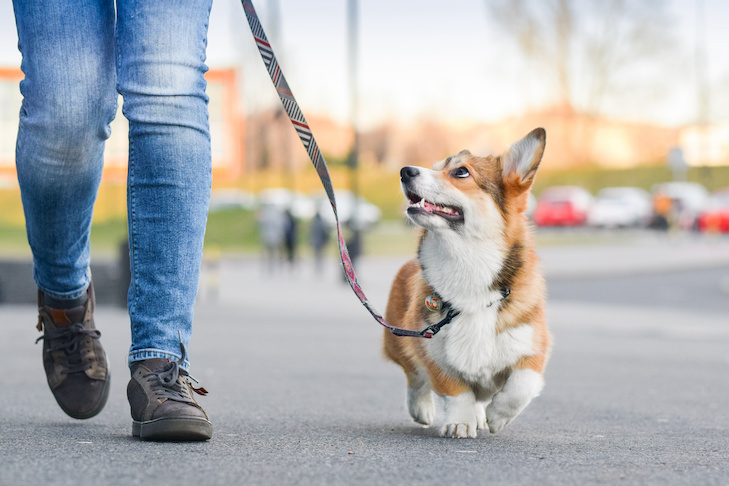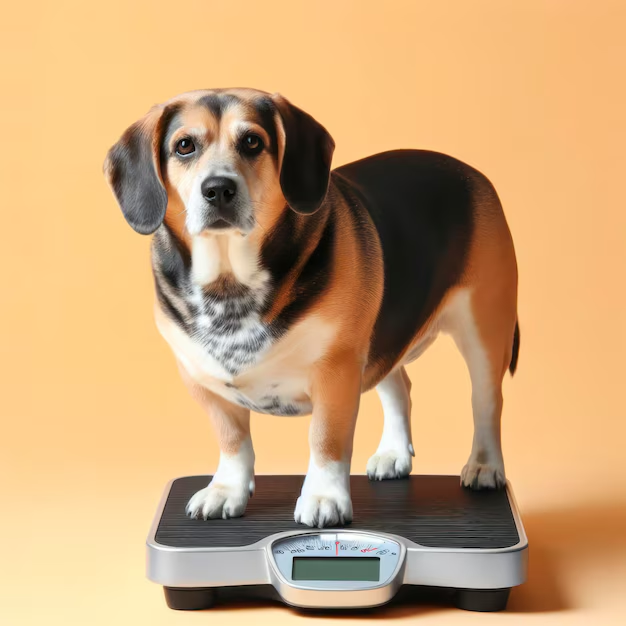Managing your dog’s weight is crucial for ensuring the best dog health. Overweight dogs face numerous health risks, including diabetes, arthritis, and heart disease. By following these essential tips, you can help your furry friend maintain a healthy weight and enjoy a longer, happier life.
Understanding the Importance of Weight Management
Why a Healthy Weight Matters
- Reduced Health Risks: Maintaining a healthy weight lowers the risk of chronic diseases such as diabetes, heart disease, and arthritis.
- Enhanced Quality of Life: Dogs at a healthy weight tend to be more active and energetic.
- Extended Lifespan: Studies show that dogs at an ideal weight live longer.
Assessing Your Dog’s Weight
How to Determine If Your Dog Is Overweight
- Body Condition Score (BCS): Use a BCS chart to assess your dog’s weight. A score between 4 and 5 on a 9-point scale is ideal.
- Physical Examination: Feel your dog’s ribs. They should be easily felt but not visible.
- Observation of Waist: Look for a noticeable waistline when viewed from above and a tucked-up abdomen when viewed from the side.
Tips for Managing Your Dog’s Weight
1. Provide a Balanced Diet
- High-Quality Food: Choose a diet that provides all essential nutrients. Look for high-quality protein sources and avoid fillers like corn and soy.
- Portion Control: Measure your dog’s food portions to prevent overfeeding. Follow the guidelines provided by your veterinarian or the pet food manufacturer.
- Healthy Treats: Opt for low-calorie treats or use vegetables like carrots and green beans as snacks.

2. Regular Exercise
- Daily Walks: Ensure your dog gets at least 30 minutes of exercise daily, such as walking or playing fetch.
- Interactive Play: Engage in activities that stimulate both your dog’s mind and body, like agility training or puzzle toys.
- Consistency: Maintain a regular exercise routine to keep your dog active and healthy.

3. Monitor Weight and Adjust as Needed
- Regular Weigh-Ins: Weigh your dog monthly to track progress and make adjustments to their diet and exercise routine as needed.
- Consult Your Vet: Regular veterinary check-ups can help monitor your dog’s weight and overall health.

Common Pitfalls and How to Avoid Them
Overfeeding and Inadequate Exercise
- Avoid Free-Feeding: Instead of leaving food out all day, stick to scheduled meal times.
- Watch for Hidden Calories: Be mindful of extra calories from treats and table scraps.
- Increase Activity Levels: If your dog isn’t getting enough exercise, gradually increase their activity level to prevent injury.
Special Considerations
Age, Breed, and Health Conditions
- Puppies and Seniors: Younger and older dogs have different nutritional and exercise needs. Adjust their care accordingly.
- Breed-Specific Needs: Some breeds are more prone to weight gain. Research your dog’s breed to understand their specific needs.
- Medical Conditions: Dogs with certain health issues may require special diets or limited activity. Always follow your veterinarian’s advice.

Tools and Resources
Utilizing Technology
- Activity Trackers: Use devices like activity trackers to monitor your dog’s daily exercise.
- Calorie Calculators: Online tools can help determine the appropriate calorie intake for your dog based on their age, weight, and activity level.
Conclusion
Maintaining your dog’s weight is essential for best dog health. By providing a balanced diet, ensuring regular exercise, and monitoring their weight, you can help your dog achieve and maintain a healthy weight. Remember to consult with your veterinarian for personalized advice and adjustments to your dog’s care plan. With these tips and tricks, you’ll be well on your way to managing your dog’s weight effectively, ensuring they live a long, healthy, and happy life.





















